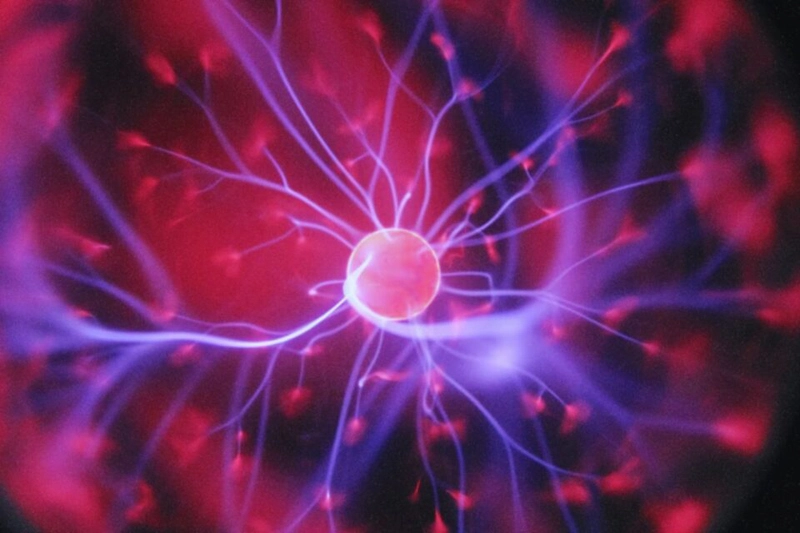According to a study recently published by the scientific journal PLOS, a total of 312 neuroscientists were surveyed to propose something that challenges the limits of traditional neuroscience. The technical possibility of recovering memories from the preserved brains of deceased individuals.
The result was surprising, as 70.7 percent of those surveyed believed that postmortem memories could indeed be preserved. However, this would be feasible in brain structures that are adequately preserved. At least from a theoretical perspective.
Even more surprising is that nearly 40 percent of neuroscientists foresee a future where technological advances will make it possible to effectively extract memories. This could be in intact or preserved brains, according to research led by Dr. Ariel Zeleznikow-Johnston from the laboratories of Monash University in Australia.
“On the one hand, I think there’s a great deal of neuroscientific evidence to suggest that memories are stored in structural aspects of neurophysiology,” he said. He also confesses to being pleasantly surprised by “how seriously most respondents seemed to take” the study.
The Key to Memories, According to Neuroscientists
Most neuroscientists agree that memories are stored in a physical substrate rather than depending on a dynamic process, which ceases with death. Zeleznikow-Johnston explains that these memories are likely stored in something known as the “connectome.”
“A connectome is the idea that each of us has a unique set of connections between our brain cells, between our neurons that encode our memories and our personality,” the researcher explains. “The set of all of these is called the connectome,” he emphasizes.
With information from www.laprensatachira.com
- Divep Company in Holguin Boosts Industrial Production Plans - 27 de February de 2026
- A Sustainable Approach to Nature Preservation in Holguin - 27 de February de 2026
- Fear in the Heart of Cuba - 27 de February de 2026

